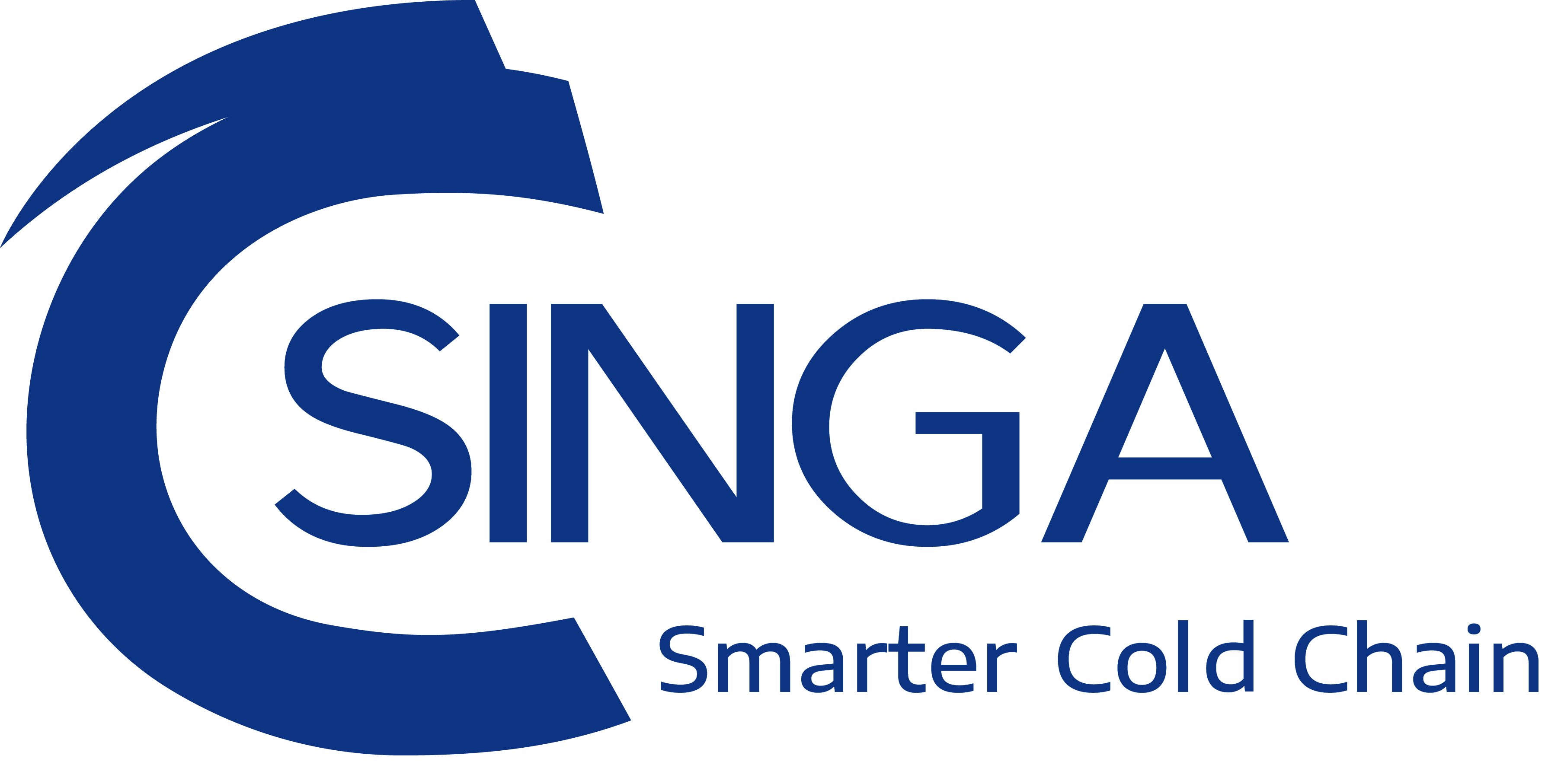Sanofi, GSK announce positive early results for their Covid-19 vaccine candidate
Sanofi and GSK announced positive results on Monday from a Phase 2 clinical trial of their joint Covid-19 vaccine, saying it generated strong levels of neutralizing antibodies in recipients across all ages studied. The partners said a large international Phase 3 trial will begin in coming weeks.
The duo, two of the world’s largest vaccine manufacturers, is far behind in the effort to produce a Covid vaccine and lock down markets for their product, having suffered a setback in an earlier Phase 1/2 trial last year. But with vaccine supplies expected to trail global need into the foreseeable future, the companies believe there is still a place for their vaccine.
“Our Phase 2 data confirm the potential of this vaccine to play a role in addressing this ongoing global public health crisis, as we know multiple vaccines will be needed, especially as variants continue to emerge and the need for effective and booster vaccines, which can be stored at normal temperatures increases,” Thomas Triomphe, executive vice president and head of the vaccines division at Sanofi Pasteur, said in a statement.
The companies said they will begin producing the vaccine “at risk” — meaning before they are certain it will work. While there is financial uncertainty in that approach, if the vaccine does prove to be efficacious, they will have product ready to distribute as soon as the vaccine is authorized for use. The companies are projecting a possible regulatory approval in the fourth quarter of 2021.
The companies released limited information about the results of the trial, saying they will publish the data shortly in a peer-reviewed journal. But they reported the vaccine induced strong rates of neutralizing antibodies, in line with what is seen in people who have recovered from Covid-19. The favorable response was seen across all adult age groups, though there were higher levels observed in people 18 to 59 years old. There were no safety or tolerability concerns arising from the trial.
High neutralizing antibody levels were generated after a single dose in participants with evidence of prior SARS-CoV-2 infection, which the companies said suggests the vaccine could be given as a booster used after an initial vaccination series.
“We believe that this vaccine candidate can make a significant contribution to the ongoing fight against Covid-19 and will move to Phase 3 as soon as possible to meet our goal of making it available before the end of the year,” said Roger Connor, president of GSK Vaccines, said in a statement.
窗体底端
The Phase 3 trial, which is slated to enroll about 35,000 people in multiple countries, will compare the vaccine to a placebo — a plan that could face challenges as vaccine supplies increase globally. In countries where people can now or will soon be able to be vaccinated, there is little incentive to enroll in a trial where they might be assigned to receive a placebo.
The Phase 3 trial will test two vaccine formulations — one targeting the original strain of SARS-2 that emerged in Wuhan, China, in late 2019 and a second targeting the B.1.351 variant, which was first spotted in South Africa. B.1.351 has been shown to have the capacity to evade some of the protection generated by several other vaccines.
The companies also plan to conduct additional studies targeting various variants of concern to see if a lower dose of the Sanofi-GSK vaccine would generate a strong booster response, regardless of the brand of vaccine individuals received in their initial Covid-19 vaccination series.
The vaccine is made deploying a system used to make Sanofi’s Flublok, an influenza vaccine. It is what’s known as a recombinant protein vaccine; the SARS-2 spike protein, the target the vaccine uses to teach the immune system to recognize the virus, is generated in insect cells. The vaccine is given with an adjuvant — a compound that boosts the immune response the vaccine generates — that is made by GSK.
Unlike the messenger RNA vaccines made by Pfizer and Moderna, this vaccine does not need an elaborate cold chain for storage and distribution. It is stored at fridge temperature.
The companies suffered a disappointing setback last year when their initial Phase 1/2 trial suggested the vaccine wasn’t adequately protective in older adults. It was discovered that the reagents used to determine how much vaccine was in each dose had given false readings, leading to subjects in the trial receiving too little vaccine and forcing the companies to conduct a second Phase 2 trial.
Sanofi is also working on an mRNA vaccine, partnering with Translate Bio. That vaccine is currently in a Phase 1/2 trial. The company is also using its production capacity to help Moderna, Johnson & Johnson, and BioNTech — Pfizer’s partner — make their Covid-19 vaccines.




